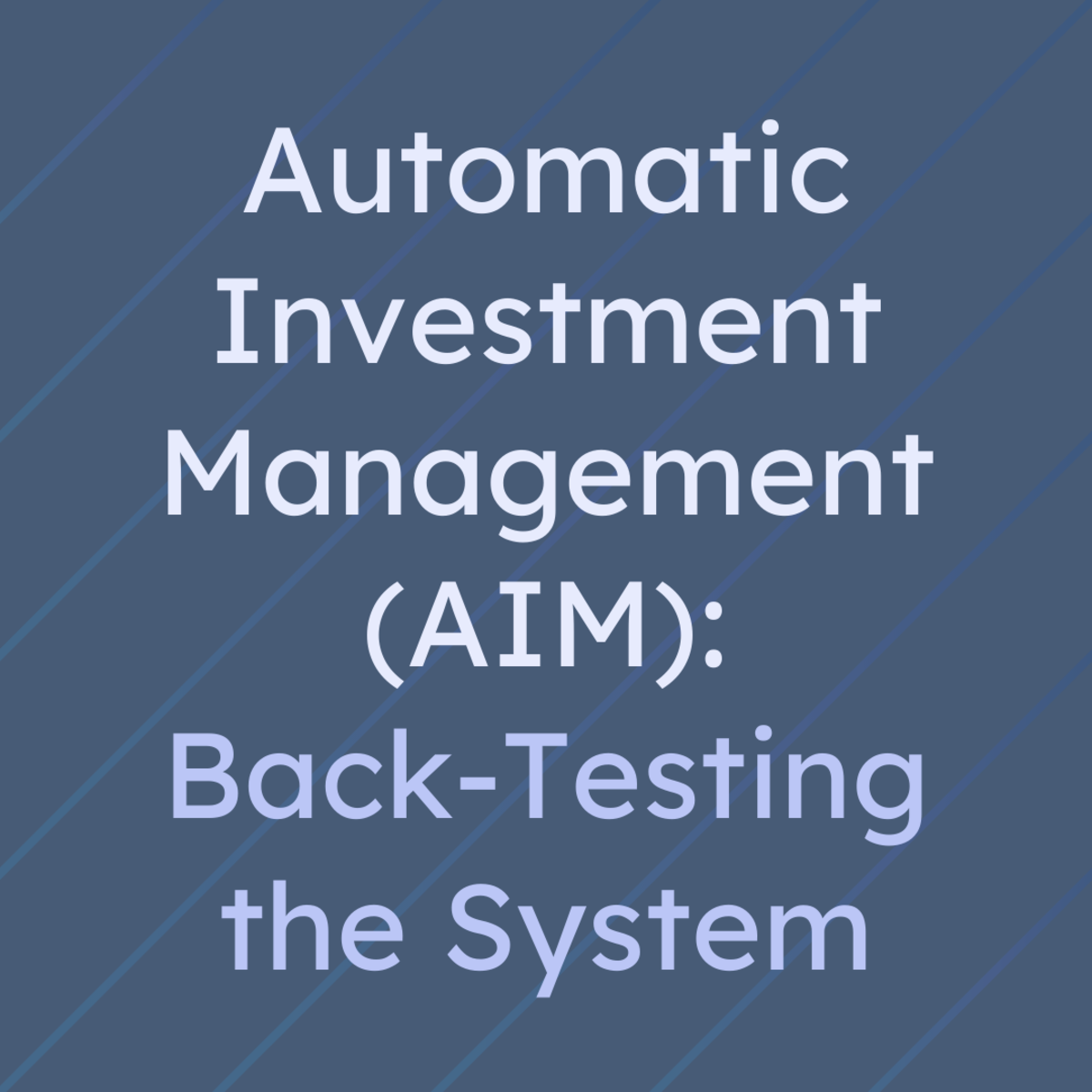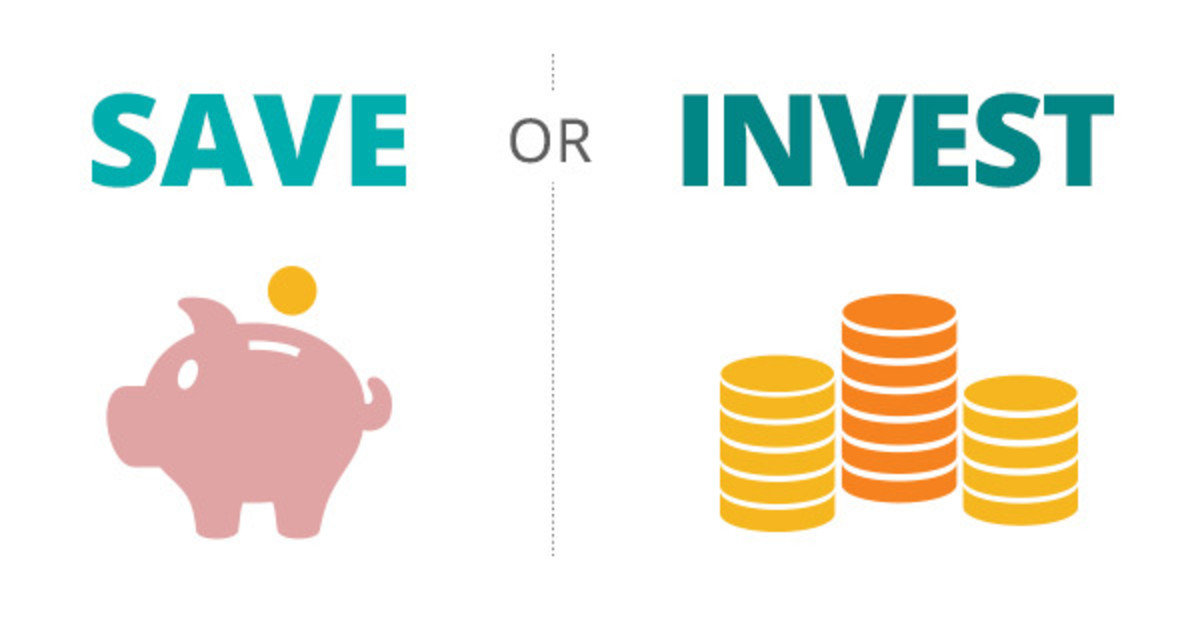Value vs Growth Investing: Which is the Better Solution

Value versus Growth
In the world of stock market investing one of the common questions investors of often eventually develop, is the difference between Value versus Growth and which is better to own. In reality an investment portfolio should not likely ever be exclusive to either of these categories any more than it would be exclusive to stock market investments in general. However it is possible that there is a benefit to allocating a higher weighting to one over the other for whatever portion of your investment portfolio is in stocks or stock funds. First let’s get a better understanding of what the difference is between Value investments and Growth.
Value investments…In simple terms a value stock is “beaten down” and is essentially trading below its perceived value. All companies have some form of intrinsic value based on assets they hold, debt to equity ratio, free cash flow and ultimately earnings per share. There are various ways to assess the value of a company, but when you believe there is intrinsic value and the stock is simply mispriced, then you are buying a value investment. With a value investment you are expecting and increase in stock price based on what has already been achieved.
Growth Investments…With a growth stock or stock fund you are taking the reverse approach. You are essentially selecting an investment based upon what you believe to be a future growth in earnings based on any number of factors. Perhaps you believe they have invented something revolutionary that has yet to produce a profit, but the upside is enormous. With a growth strategy you are expecting an increase in stock price based on what may be achieved.
Performance Differences…Over a relatively long period of time (Several decades) the data suggests that value tends to outperform growth. However that has not necessarily always true in shorter intervals. Since the mid 2000’s we have seen a bit of the opposite trend. Depending on what interval of time you look at either can look more favorable. For investors whom wish to bet on the longer term trend of value over growth, it would be appropriate to have an overweighting towards value, yet not ever completing eliminating growth oriented securities. As with any form of market timing, the odds are simply against you.
Tax Considerations…When making investments through mutual funds as most investors do, it is also important to consider the tax impact. It is common for value oriented securities to derive a larger portion of their overall return from dividend income as a result of higher earnings. This in turn under current tax law in 2012 may be more favorable treatment. With qualified dividends typically taxed at 15% or less, the cash flow can produce an immediate annual tax liability. Yet when compared to a growth oriented mutual fund where it is common to have a higher overall turnover ratio, the fund may produce a larger number of capital gain distributions which are not always going to be as favorable and potentially taxed at a higher rate.
Investors who are more interested in understanding the longer term historical differences that support more of a value oriented weighting, it is advisable to read some of the research done by professors Eugene Fama & Kenneth French, two professors formerly of the University of Chicago. The Fama-French “Three Factor Model” is some of the best academic research in terms of analyzing pricing models. Their work may seem a bit complicated for the novice investor, but they make a strong argument with alot of evidence in their research.
- Should I Collect Social Security Early ???
When the opportunity presents itself to collect Social Security benefits early, there are often numerous factors to consider. The definition of early is typically age 62. The most common answer is… yes you should. However, not always since as with... - Passive vs Active Management…The Case for ETF’s
There has been an ongoing debate for decades about the benefits of actively managed mutual funds versus their passive counterparts. Those counterparts would be the exchange traded fund market (ETF’s) as well as traditional index funds. Those in... - How to Understand the Municipal Bond Market
The bond market is the largest public securities market in the world, and substantially larger than the stock market. When investors allocate assets in their investment portfolios, often times those in higher tax brackets will opt to utilize... - Should I Buy An Umbrella Policy ???
At times it can seem terribly overwhelming for many of us when it comes to purchasing insurance. There are so many policies to consider. We must decide on health, life, long term/short term disability, long term care, homeowners and auto insurance... - Annuities: What You Need To Know
What is an annuity ??? Annuities can generally be summarized as two basic types of insurance contracts. They are either immediate or deferred annuities. Over the years these two types of contracts have been expanded to encompass many different... - The Risks of Inverse and Leveraged ETF's: A Word of ...
In recent years there has been a rapid expansion of the ETF market as a solution to provide clients with low cost solutions that can provide a great deal of liquidity and transparency. As the ETF market place has grown, it has reinvented itself in... - What should your Financial Advisor ask you ???
Often we read articles & commentary about what to ask your financial advisor. But what should your financial advisor be asking you. Often times that alone can tell you whether or not you are engaged in a financial advisory relationship that is in - Should I Pay off My Mortgage Early ???
For many Americans, the ability to pay down their mortgage sooner is simply not realistic. However in some cases it is quite possible. The Question of whether or not you should accelerate mortgage payments or use liquid cash to eliminate the... - The Pros and Cons of a Reverse Mortgage
Over the years a number of investors have utilized the tool of a reverse mortgage as a means to provide additional income in retirement. While generally speaking a reverse mortgage is not something one should aspire to attain, it is not the poorest.. - The Impact of Retirement Distributions in Volatile M...
Over the last fifteen years in the financial planning field, the most commonly expressed concern I have heard from a retiree/pending retiree has been…Will I run out of money ??? When examining this question there are many variables to be concerned...








